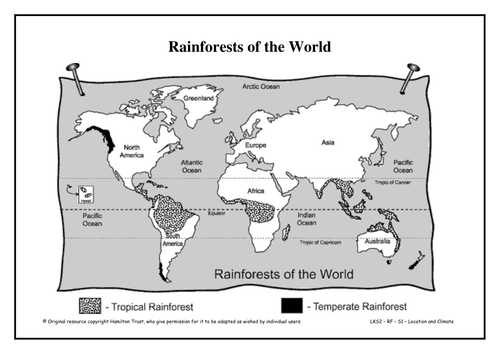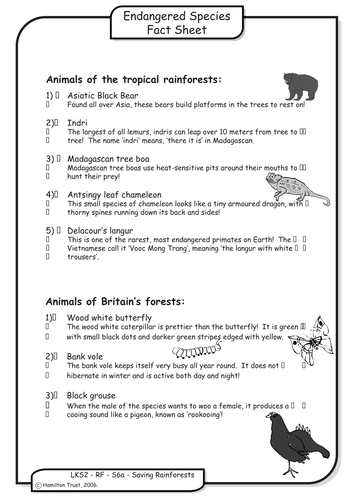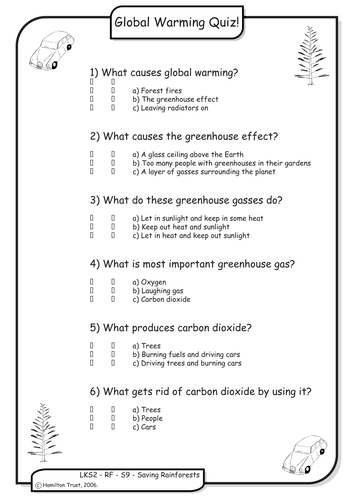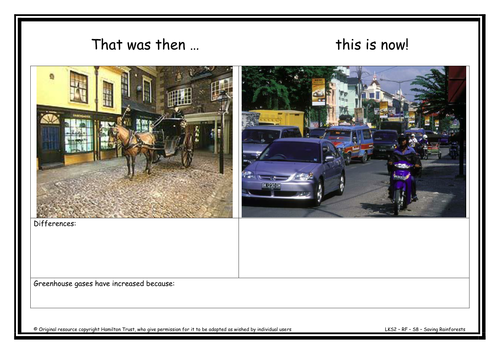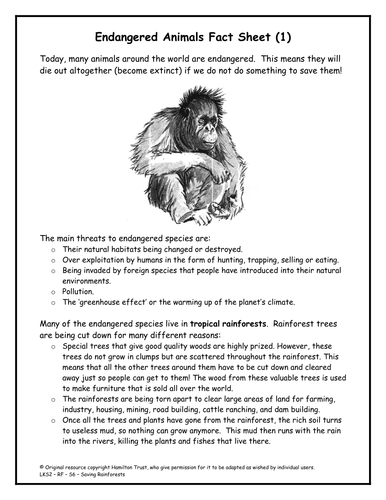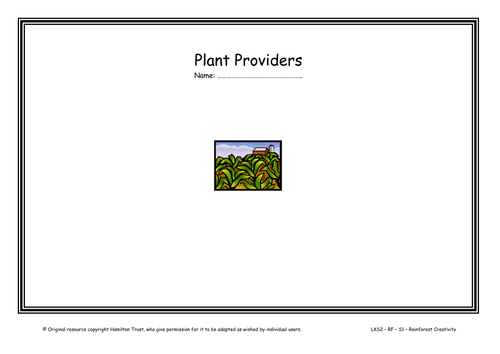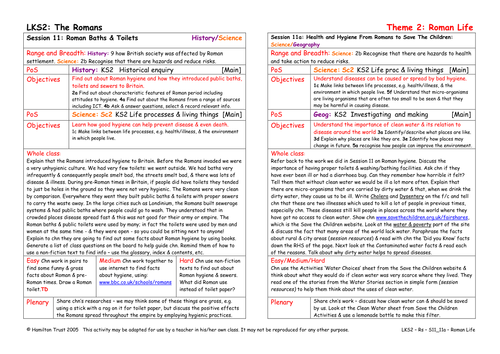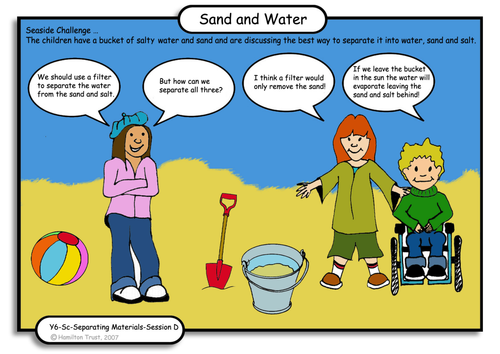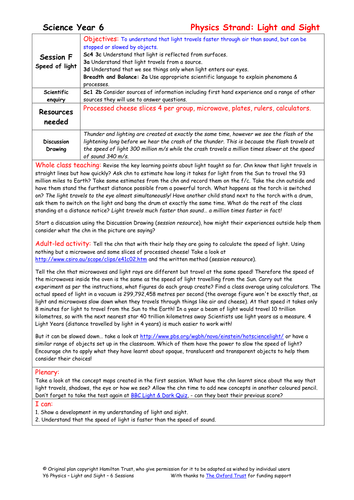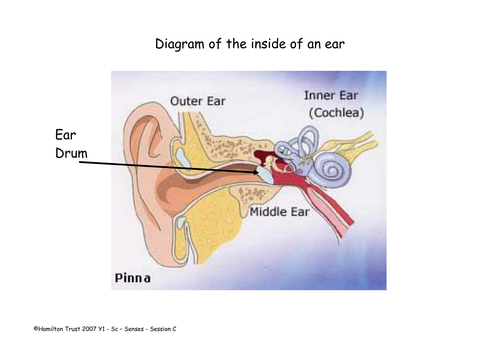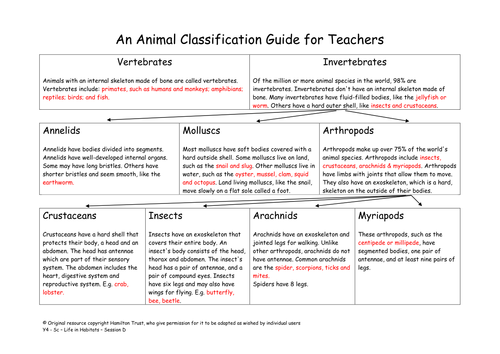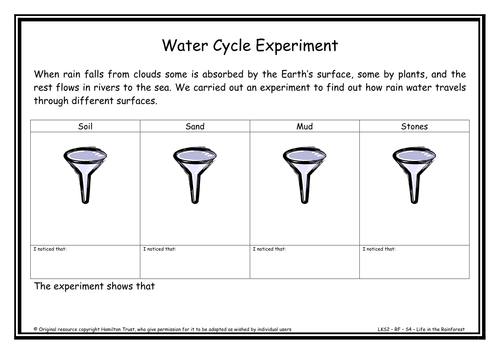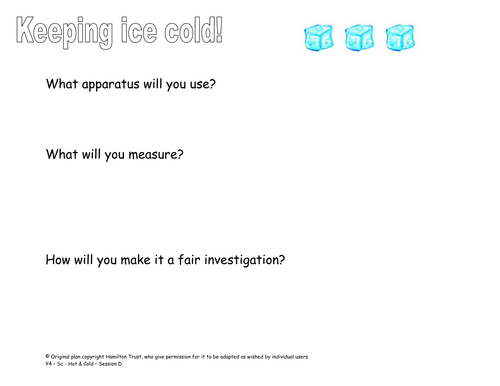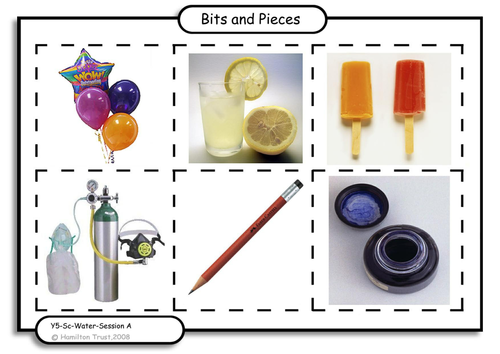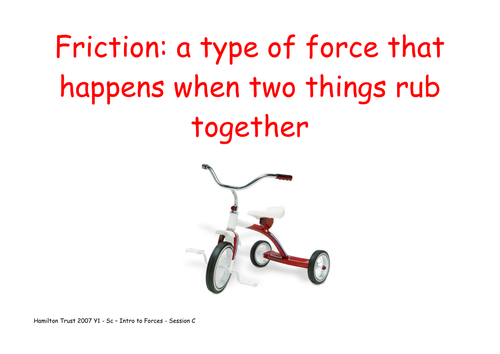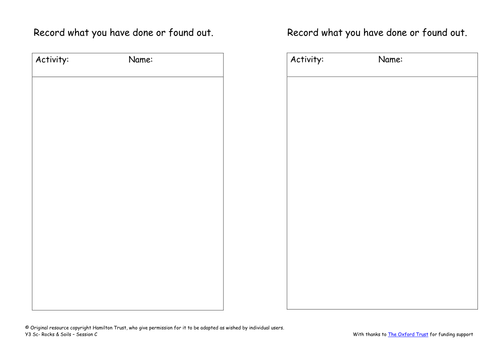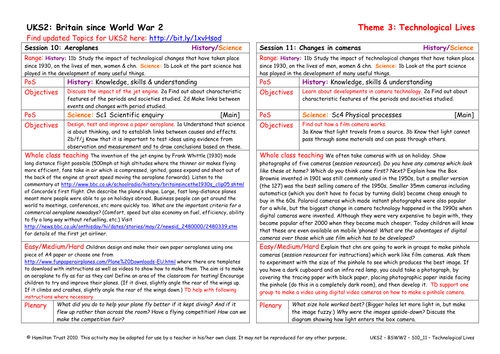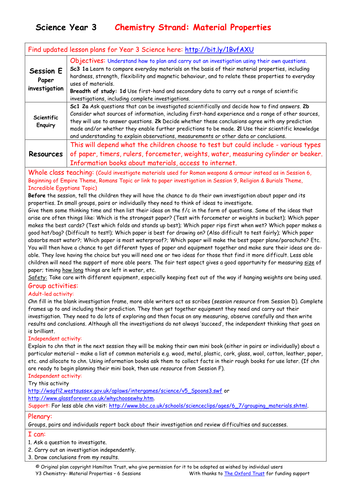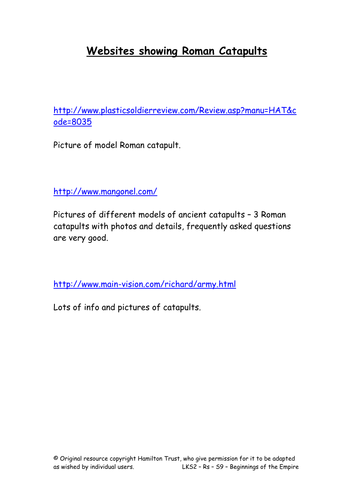
397Uploads
10041k+Views
11644k+Downloads
Elementary science

Rainforests: Looking into deforestation
In the next ten years at the current rate half of the world’s rainforests will disappear. Children look in brief at the causes of deforestation before creating on maps a horrific view of the future.

Endangered Animals 2
In this session children are shown how to use search engines to search for images, and be selective about those that they choose. Children then continue to collect key word notes about their animal or plant.

Effect of Global Warming
In this session children take a closer look at the causes of global warming and look at the long term effects. How can they do their part to reduce the greenhouse effect? They put it to the test in the Great Greenhouse Effect Quiz!

Global Warming and Its Causes
What is global warning? Children find out what global warming is and how humans have caused and are contributing to the problem. Children compare life now to life 100 years ago and highlight the changes which have increased CO2 levels.

Endangered Animals
In this session children find out that it’s not only the Orangu-tans that are endangered. Children select animals or plants from the lists provided and start to find out more about their chosen animal or plant.

Plants with a Purpose
What have plants ever done for us? In this session children find out that plants are more useful than we might imagine.
After discussing all of the benefits and recording them, children start to consider how what plants give us can be used in more creative ways.

From Romans To Save The Children
Children continue work on health and hygiene in relation to clean water and the diseases caused/transmitted by dirty water. Using the Save the Children website, children discover the ways in which this issue is being tackled in different parts of the world.
Suitable for years 3 and 4.

Evaporation
Evaporation is the name of the game in this session as children use it to separate materials in solutions. They investigate a variety of liquids to see which leave a residue after evaporation and grow their own salt crystal. Suitable for Y6 pupils.

Speed of light
How fast is the speed of light? Faster than the speed of sound but by how much? Time to measure just how fast it is in the classroom: cheese slices and a microwave can provide the answer! Suitable for Y6 pupils.

Explore hearing
Discuss how sound enters the ears and the information is passed to the brain. Investigate the sounds animals make and why; relate to animal treatment. Activity to help children discriminate sounds in a group. Draw animal pictures and label with the sounds they make.
Suitable for Year 1 pupils.

What is it?
Children find out how plants and animals are classified into groups. They then try to identify the minibeasts found during the field trip and create a key using a branching database to enable other children to identify them.
Suitable for Year 4 pupils.

Is it sinking in! Rain into Earth
In this session children find out how the rain drops that fall from the clouds get back to the rivers and seas so that the cycle can start again. Children test a variety of natural Earth surfaces to see which allows water to flow through the fastest.
Suitable for years 3 and 4.

Keeping cool!
Children continue their investigative work by finding out which material is best for keeping ice cubes cold. What are they going to measure? An understanding of how insulators stop heat from being transferred from or to something is established.
Suitable for Year 4 pupils.

States of matter
This strand begins with children comparing the properties of the three states of matter – solid, liquid and gas. Water is used as an example of a material that can exist in all three states. Use drama to model this.
Suitable for Y5 pupils.

Friction
Introduce simple definition of ‘friction’. Look carefully at a bicycle or tricycle to identify the forces in action. Discuss forces in other vehicles. A range of activities about forces mainly to do with vehicles. Suitable for Year 1 pupils.

Rock investigations
Learn some key vocabulary about rocks. Take part in a workshop offering a range of activities including testing hardness of rocks, sorting rocks, finding information, drawing rocks and thinking about how pebbles and sand are formed.
Suitable for Y3 pupils.

Changes in Cameras
Children look at cameras from different decades and then make a pinhole camera, experiment to see which size pinhole works best.

Paper investigation
Children will plan and carry out an investigation about paper in small groups or pairs, testing questions they have thought of themselves. They will select the equipment and have a go at explaining results and drawing conclusions.
Suitable for Y3 pupils.

Design & Make Catapults
Children look again at Roman catapults. Using a wide variety of materials, incl some mechanical components, they design & create a working model of a catapult in the Roman style. They develop their ideas, then compete to see whose catapult works best!
Suitable for years 3 and 4.

Magnetic Materials
Following the discussion about types of material in session 6, chn move on to explore magnetism. They look at which solid materials are magnetic and experiment to find out. They record their results in a systematic way.
Suitable for years 3 and 4.

